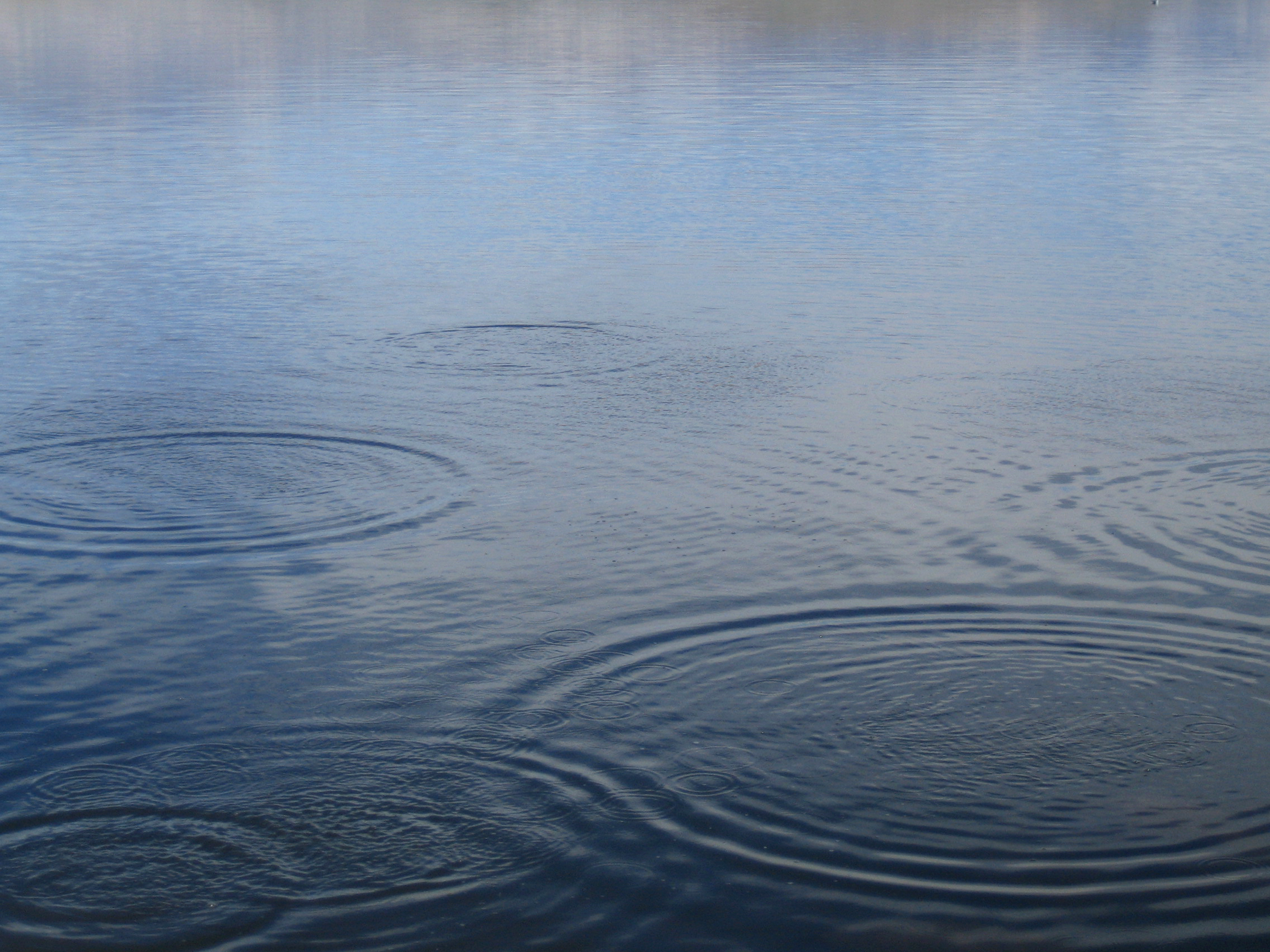What is it about zeros that makes us so contemplative? The 4000th RC member is not more important than the 3999th, but advancing that thousands place always feels weighty.
My friend Eowyn says “people are amazing”. And she’s right. If this group has taught me one thing, it is that we will rise to this occasion. And if the Jesuits taught me one thing, it is the value of critical self-reflection.
So, amazing people, let’s mark this four-thousandth member with a thoughtful look at what we are doing here. How can we better serve our cause? How can each of us make space for another person to be amazing. How can we see opportunities and step bravely forward?
The daily crush of resistance actions are primarily short-term investments of our time: make a phone call, attend a meeting, send an email. And these are all important, but the election last November was not a message that we are taking too few of these short-term actions. Rather, the message is that we were doing it entirely wrong, stewarding our democracy wrong, living with each other wrong, stewarding our earth wrong.
Last week I visited the Royal BC Museum in Victoria and saw their exhibit on First Nations languages. My “aha!” moment happened during a video interview of First Nations language speakers on the importance of preserving language diversity. When a language is lost, they argued, an entire way of seeing the world and our place in it is also lost.
Is that what we need? Do we need an entirely new lens through which to view our existence on this planet? Would learning the language of a people who respect their place and each other provide a sufficient foil for our language of conquest and domination?
Amid the crush of short-term actions, are we laying the foundations for the long-term life transitions which are necessary for our community, our fellow living things, our democracy, and our world? How do we get to the place where we are not required to make phone calls every day just to prevent disrespectful and damaging actions on the part of those who purport to represent us? How do we build a system which respects by default? Which habits that are normalized now – air travel, garbage, racism, corruption – cannot be part of our future, and how do we support the small choices which advance the larger goals?
These are my 4000 member questions.
Written by Elizabeth Hartsoch
